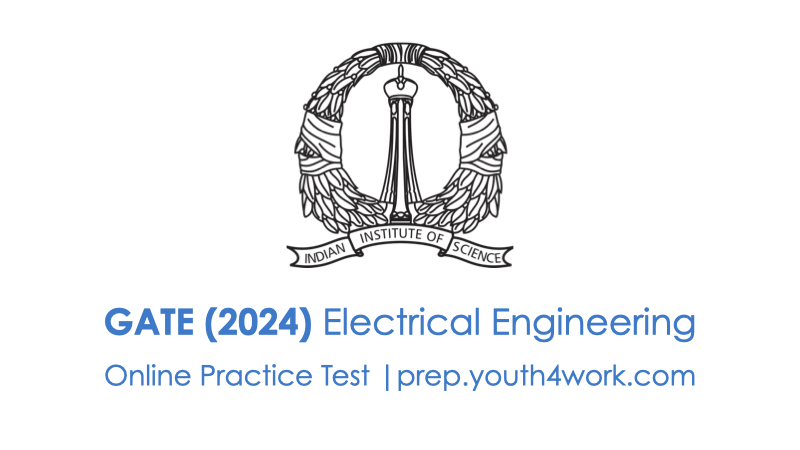What is the syllabus of GATE EE Exam 2019?
Which are the important topics included in the syllabus for GATE EE Exam 2019?
- Arunita
- 21 Jul
- 1478 Views
- 4 Answers
Your Answer
-
MahimaMS
- 04 Jun
EE Electrical Engineering Section 1: Engineering Mathematics Linear Algebra: Matrix Algebra, Systems of linear equations, Eigenvalues, Eigenvectors. Calculus: Mean value theorems, Theorems of integral calculus, Evaluation of definite and improper integrals, Partial Derivatives, Maxima and minima, Multiple integrals, Fourier series, Vector identities, Directional derivatives, Line integral, Surface integral, Volume integral, Stokes’s theorem, Gauss’s theorem, Green’s theorem. Differential equations: First order equations (linear and nonlinear), Higher order linear differential equations with constant coefficients, Method of variation of parameters, Cauchy’s equation, Euler’s equation, Initial and boundary value problems, Partial Differential Equations, Method of separation of variables. Complex variables: Analytic functions, Cauchy’s integral theorem, Cauchy’s integral formula, Taylor series, Laurent series, Residue theorem, Solution integrals. Probability and Statistics: Sampling theorems, Conditional probability, Mean, Median, Mode, Standard Deviation, Random variables, Discrete and Continuous distributions, Poisson distribution, Normal distribution, Binomial distribution, Correlation analysis, Regression analysis. Numerical Methods: Solutions of nonlinear algebraic equations, Single and Multi‐step methods for differential equations. Transform Theory: Fourier Transform, Laplace Transform, z‐Transform. Electrical Engineering Section 2: Electric Circuits Network graph, KCL, KVL, Node and Mesh analysis, Transient response of dc and ac networks, Sinusoidal steady‐state analysis, Resonance, Passive filters, Ideal current and voltage sources, Thevenin’s theorem, Norton’s theorem, Superposition theorem, Maximum power transfer theorem, Two‐port networks, Three phase circuits, Power and power factor in ac circuits. Section 3: Electromagnetic Fields Coulomb's Law, Electric Field Intensity, Electric Flux Density, Gauss's Law, Divergence, Electric field and potential due to point, line, plane and spherical charge distributions, Effect of dielectric medium, Capacitance of simple configurations, Biot‐Savart’s law, Ampere’s law, Curl, Faraday’s law, Lorentz force, Inductance, Magnetomotive force, Reluctance, Magnetic circuits,Self and Mutual inductance of simple configurations. Section 4: Signals and Systems Representation of continuous and discrete‐time signals, Shifting and scaling operations, Linear Time Invariant and Causal systems, Fourier series representation of continuous periodic signals, Sampling theorem, Applications of Fourier Transform, Laplace Transform and z-Transform. Section 5: Electrical Machines Single phase transformer: equivalent circuit, phasor diagram, open circuit and short circuit tests, regulation and efficiency; Three phase transformers: connections, parallel operation; Auto‐transformer, Electromechanical energy conversion principles, DC machines: separately excited, series and shunt, motoring and generating mode of operation and their characteristics, starting and speed control of dc motors; Three phase induction motors: principle of operation, types, performance, torque-speed characteristics, no-load and blocked rotor tests, equivalent circuit, starting and speed control; Operating principle of single phase induction motors; Synchronous machines: cylindrical and salient pole machines, performance, regulation and parallel operation of generators, starting of synchronous motor, characteristics; Types of losses and efficiency calculations of electric machines. Section 6: Power Systems Power generation concepts, ac and dc transmission concepts, Models and performance of transmission lines and cables, Series and shunt compensation, Electric field distribution and insulators, Distribution systems, Per‐unit quantities, Bus admittance matrix, Gauss- Seidel and Newton-Raphson load flow methods, Voltage and Frequency control, Power factor correction, Symmetrical comp
2
Modal content

 View all voted
View all voted



